Like everything else, the subject of social media and relationships has polarized public opinion. There are enough documentaries, research, and self-proclaimed lifestyle gurus that persecute the usage of networking apps. Ironically, much of this persecution is carried out on the same social media apps. At this point, it’s logical to accept that, in today’s digital age, social media is here to stay. But the critics are not completely wrong in saying that social media ruins relationships.
Earlier, whenever my husband and I had an argument, respite came easily through Instagram. It felt easier to connect with followers than to try to connect with each other. Days would pass without talking. Eventually, our marriage became a shell of a relationship. This seems pretty consistent with what this 2021 study found about the cyclical way Instagram usage affected relationships, i.e., a) increased Instagram usage led to lower relationship satisfaction, which led to an increase in both relationship conflicts and negative outcomes; b) reduced relationship satisfaction and increased conflicts then triggered addictive use of Instagram via mediated pathways.
Ours is not an isolated story. That’s why I talked to Utkarsh Khurana, relationship and intimacy coach, to understand the ways in which social media can affect relationships. And he gave me some insightful advice. So, what does he say?
How Does Social Media Affect Relationships?
Table of Contents
Research shows an increase in addiction to social media sites like Tinder, OKCupid, Instagram, Youtube, TikTok, Amigo, and more, especially in the post-Covid world where people are highly dependent on such platforms to form and manage relationships. The impact of social media on relationships is thus inevitable.
Utkarsh says, “When we talk about relationships, social media use can be harmful or beneficial, depending on the intention for which it is used. The advantages and disadvantages of social media in relationships depend to a great extent on the people in those relationships.”
The effect of the role social media plays can be seen in:
- Widened dating pool due to higher availability of potential dates for single people
- Rating one’s own romantic relationship based on how one displays it on Facebook or Instagram as suggested by this study
- Increased scrutiny of partners, and relationship dissatisfaction
But how social media affects your relationship doesn’t always have to be negative. Research has provided empirical evidence on how social networking sites affect romance in a positive way. Let’s take a look.
The Positive Effects Of Social Media On Relationships
While thinking about the advantages and disadvantages of social media in our lives, one is more likely to think about the ways in which social media destroys relationships. But one can observe the positive impact of social media on relationships when it is used in moderation. According to a study, “Social media is being used in unique ways to build relations between family members and strengthen communication, especially when there are distances and in-person time is not possible.”
1. It helps create connections
Social networking apps help in creating connections across not just physical boundaries but social and mental ones as well. Utkarsh says, “If these sites are helping you live a good life – a life that is pleasant, engaging, and meaningful that is leading toward flourishment – then it’s good for you.” So, here are the ways in which social media can help you:
- It is a boon for people in long-distance relationships and friendships who want to stay connected with their loved ones
- It also helps people who are not comfortable meeting multiple people at the same time
- Social media has also enabled many marginalized groups, through LGBTQ dating apps and such, to find love and friendships and express themselves in a safe space
2. Social media makes relationships stronger by helping express mutual affection
Often, it is not easy to express your affection. You might be introverted or you simply don’t get enough time to meet or talk to your partner. Social media can elevate relationships by enabling the expression of those feelings, such as making relationship status public.
- Utkarsh says, “Messaging platforms can also act as an icebreaker during relationship conflicts. I’ve often used Snapchat or Instagram stories to make it up to my partner. As long as it is working for you, it can be a good thing.”
- According to this study by Pew Research Centre, “48% of 18 to 29-year-old social media users say that in relationships, social media is very or somewhat important for them in showing how much they care about their partner.”
- Dr. Marti Olsen Laney in her book, The Introvert Advantage, that introverts favor writing to their loved ones over talking to them. These people are more likely to use a romantic relationship display, such as making their relationship status public, to show their commitment
This is possibly why I like to argue with my husband on WhatsApp rather than on a call. It gives me time to introspect and avoid impulsive outbursts.
Related Reading: 15 Appropriate Wedding Gifts For A Second Marriage
3. Social media helps in sexual gratification
Utkarsh says, “When consumed in moderation, there can be a healthy confluence between relationships and porn. It would be preposterous to expect your partner to fulfill your every need. But if you are overusing it and ignoring your partner’s desires, then, yes, it will negatively affect your relationship
- Research has suggested that the use of online pornography aids sexual gratification in romantic relationships
- Another study says that “interventions to improve body image could have concomitant benefits related to sexual experience.” Building on this, if we consider the online trend for body-positivity and mental health, social media can be extremely useful in helping people with body image issues through posts that focus on an improved outlook on their bodies. This can help them achieve higher sexual satisfaction
4. It helps in improving communication
Social media makes relationships stronger by bridging the gap between people with cultural or age differences. It becomes easier for parents to find openings to talk to their children by engaging in sites used by them. This is because it can help parents garner the perspective necessary to connect with their children, as shown by more research.
- This also helps couples from different backgrounds or ethnicities, where social media becomes an inlet to the culture of their significant others
- It also helps people identify the toxicity of social conditioning that a person grows up in and normalizes later. Romantic relationships before social media platforms emerged often ignored the toxic conditioning of partners or even celebrated it in certain cases, as seen in movies like Kramer vs Kramer
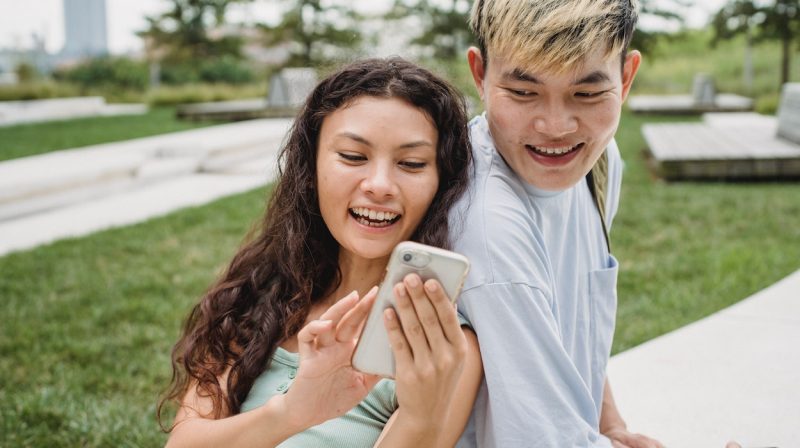
5. Positive impact of social media on relationships – It betters our understanding of boundaries and mental health
It’s not uncommon to see Instagram reels on gaslighting, generational trauma, or consent now. It’s easier to talk about things that were taboo earlier. It provides a platform for people to share their insights on world events, toxicity in cultures, and personal boundaries – Things that impact and shape relationships. The positive impact social media has can be seen in the fact that Gen Z is more expressive and accepting about social media and relationships as compared to the previous generations.
- Social media influencers like Dr. Jessica Clemons and Nedra Glover Tawwab have helped thousands of people identify red flags and unhealthy boundaries in their relationships
- This is particularly helpful for those who don’t have access to paid therapy or self-help books or are too busy making a living to consider these factors leisurely
The Negative Effects Of Social Media On Relationships
Why is social media causing tension if it can help people stay connected across distances? Because too much of a good thing can turn bad eventually. There has been research that suggests that excessive social media use could lead to social anxiety and loneliness. This is proof that the advantages and disadvantages of social media on relationships depend on your frequency of engagement with the online world. If your social media addiction is left unchecked, here’s how it can damage your healthy relationships:
1. Negative impact of social media on relationships — Reduced intimacy
Research shows that addiction to sites like Instagram or Snapchat could create a behavior that reduces offline interaction. More research suggests that social media addiction can lead to psychological distress, affecting relationship quality. This makes a couple appear more intimate online than they are in reality. Utkarsh says, “Social media can negatively impact relationships when it becomes a distractor or an avoidance tool from having a meaningful conversation.”
- Research has also indicated a rise in phubbing, i.e., snubbing someone through the use of your phone. Phubbing can ruin your relationship by creating trust issues between the couple
- As per a study, increased social media interaction could result in negative outcomes, i.e, a decreased quality time and general relationship dissatisfaction
2. Social media may create retroactive jealousy in relationships
Utkarsh says, “Jealousy is normal in relationships. But when you start attaching your insecurities to social media platforms, it can take a monstrous form.” Here’s how that happens: When someone feels jealous because of their partner’s dating history, it’s called retroactive jealousy. Relationships before social media took off rarely had to deal with this phenomenon as it was difficult to trace one’s exes.
- Research says that retroactive jealousy has become common due to social networking sites. The constant looming presence of your partner’s ex(es), uncertainty in relationships, and easy access to surveillance can increase insecurity in relationships
- According to Pew Research Centre, because of how their present spouse or partner chooses to interact with other people on social media, 23% of the participants who were in committed relationships and use social media reported “feeling envious or uncertain about their relationship”
Related Reading: 10 Flirty Emojis To Send To Your Partner – Flirting Emojis For Him And Her
3. Addiction to social media creates disagreements about privacy
It’s normal for two people to have a disagreement about what to post on Instagram. But according to research, failing to find a healthy balance between how much time to spend, how much to post, and how much to keep private can reduce the effectiveness of a relationship.
- A study found that social media enables easy surveillance of a subject without their knowledge. Though privacy settings can be controlled, many users do not realize how much of their data is accessible. This can be considered as a negative outcome, as this data can be misused by people to control their partners
- Disagreements to what classifies as ‘private’ may also create occupational troubles at one’s partner’s workplace if that workplace deals with confidential information and requires discretion
4. Excessive social media use can create unrealistic expectations
Utkarsh says, “Social media can affect how we perceive our relationship based on its expression. Expressing love online can improve your relationship quality, but this is highly subjective. The external validation you get after showing off relationship on social media may help sometimes, but dependence on it may backfire. Remember, an online expression of love is temporary. The main thing here is that your love should not be for the benefit of your followers, but for your partner.”
- Factors like FOMO and social anxiety are commonly observed with high social media usage, particularly when you find your ex flaunting new relationship on social media
- Couples often end up making social media mistakes such as posting made-up profile photos to appear as the most happening couple in their circle of friends, instead of ensuring mutual satisfaction. In such scenarios, it’s easy to say that social media destroys relationships, but you’ve got to dig deep for the real reasons behind such insecurity in the first place
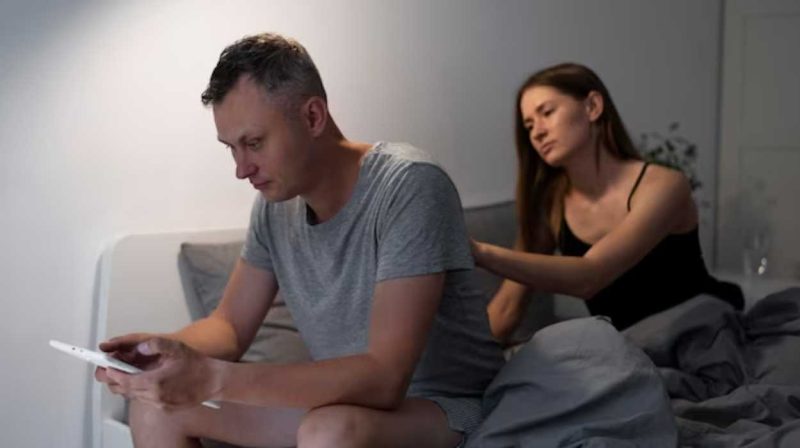
5. Social media might inhibit the formation of new friends and genuine connections
Researchers have observed a behavior in social media users where their online and offline relationships often spill into each other. This phenomenon, termed ‘syntopia,’ has shown that highly compulsive users show a decreased quality in their offline relationships, as well as trouble initiating new relationships offline.
- In another interesting social media and relationships study, it was observed that disclosures made in an offline relationship led to higher intimacy and satisfaction, while disclosures made during online dating led to comparatively lower intimacy and satisfaction ratings. This suggests that a person is likely to make better connections while connecting with someone at a bar rather than connecting with a future partner online
- Another way social media ruins relationships is by creating a sense of ‘too many options.’ In Barry Schwartz’s book, The Paradox of Choice: Why More is Less, he notes that in Western cultures, a modern person is likely to have more choices than they would have had fifty years ago. Ironically, it leads to lower consumer satisfaction. This is somewhat true of the modern dating game as well, where people are less likely to put more effort into a relationship due to the knowledge that there are ‘more fish in the sea’
6. Addiction to social media may act as a catalyst for infidelity
It is important to note that social media is not a common reason people cheat in relationships. It is only a catalyst for this behavior, i.e., if someone has relationship concerns, then it’s more likely that their social media use is a distraction from the relationship, and they may end up talking to someone just so they won’t feel frustrated. This doesn’t mean that you are to blame if your partner cheated on you online. It could simply mean that they were not at the same place in the relationship as you were.
- Research shows little dependence on infidelity-related behavior on such sites. If someone is cheating on their partner, it’s due to problems within a relationship and not because of a DM. But this research also concludes that someone who is not happy in their relationship is likely to engage more on such platforms
- It is also noticeable that there is no general consensus about online infidelity-related behavior. According to a social media and relationships study, “There are different types of infidelity and how their impact is classified often varies among couples, and is also largely dependent on how secure the partners are in general, and in their other relationships”
5 Tips To Find The Balance Between Social Media And Relationships
But why is social media causing tension in relationships? Because of an imbalance between offline and online engagement due to social media addiction. Research has indicated that social media might create a dopamine flux in our brains, leading to addiction. This is why we feel a sense of doom whenever we reduce our screen time, and hence find less pleasure in the company of our partners than when we are on our phones.
Utkarsh says, “Balance is a subjective concept since every person has their own experiences, expectations, and priorities. Hence, it will be simplistic to suggest that they should divide their time equally between offline and online relationships. Try to create a balance according to your needs by making sure:
- Your life is full of positive emotions
- Your offline relationships are engaging
- Your relationships have a purpose and value system
- Your relationships make you feel happy, loved, and valued by others
- Your sense of success comes from working for and achieving goals instead of external validation”
He adds, “If you’re able to experience these parameters while using social media, then you’ve achieved that balance.” Here are 5 strategies that you can use to incorporate these parameters in your and your partner’s life:

1. Define healthy boundaries with each other
You must define social media boundaries for these platforms after assessing the advantages and disadvantages of social media on relationships. Some of the things you can do are:
- A major must-follow healthy relationship boundary could be defining what’s private and what can be shared. This includes asking for consent before posting a photo of your partner, or before making relationship status public
- Communicate to your partner if you’re uncomfortable with them being friends with their ex-partners on Instagram or other social media accounts
- It is also suggested by research that keeping your partner informed about your online activities may reduce feelings of exclusion. Talk to them if either of you feel the need to check on your partner’s social media
- Try to find out the reason for your insecurities and arrive at a common goal to accommodate each other’s needs
2. Keep online and offline worlds separate
You can’t always keep away from social media, so to reduce the negative impact of social media on relationships, try to separate your online and offline lives. Here’s how you can do that:
- Keep your phones away from your meals
- If you’re going on a trip, try to avoid the urge to put up stories of everything. Instead, focus on spending quality time together
- If you like or share your loved ones’ posts online, engage with them and tell them what you liked about it. Relationships end when communication does
- Try not to bring your phone to bed
These things could be difficult to do if social media is part of your profession, but you need to make some time exclusively for your offline relationships.
Related Reading: Domestic Partnership vs Marriage: Difference & Benefits
3. Be aware of the fakeness of aesthetics
Most of the relationship posts you see online are constructed after careful planning and posted after multiple trials and filters. But the apparent perfection of it can often make people question the randomness in their real lives. Research suggests that most couples tend to show a better version of their bond on social media, and this can create unrealistic standards within their own relationships. This also makes people question their current partner’s interest in their relationship when they see their partner’s previous relationships online.
- Most of the pictures online are heavily curated to fit into a narrative or aesthetic. If you find your ex flaunting new relationship on social media, try not to judge the book by its cover.
ItComparing your relationship with other people’s relationships will only trigger jealousy - Talk to your partner to get to the reality of the situation instead of assuming things. For a lot of people, social media is an escape from reality. If you think that your partner is more keen on showing off relationship on social media than working on it in real life, then ask them why they need external validation
4. Do not forget your targets in the relationship
We engage in a relationship to feel loved and become a better version of ourselves. According to a study, relationship quality increases with reciprocity in relationships. This means that when you share your goals, show mutual support for those goals with your partner, and follow similar social media etiquette for couples, relationship satisfaction improves. So it’s important to nurture a relationship where becoming a better version of yourself is a priority, rather than merely showing it on an online platform.
- Instead of using it just for individual expression, use social media as a repository for your memories of quality time spent together and to nurture rituals between family members, which are important to preserve a sense of belonging, as suggested by this research
- Ask your partner if they feel that your relationship lacks anything. People in relationships often go through problems but rarely name them unless they’re ready to explode. Why not make the move when there’s still time?
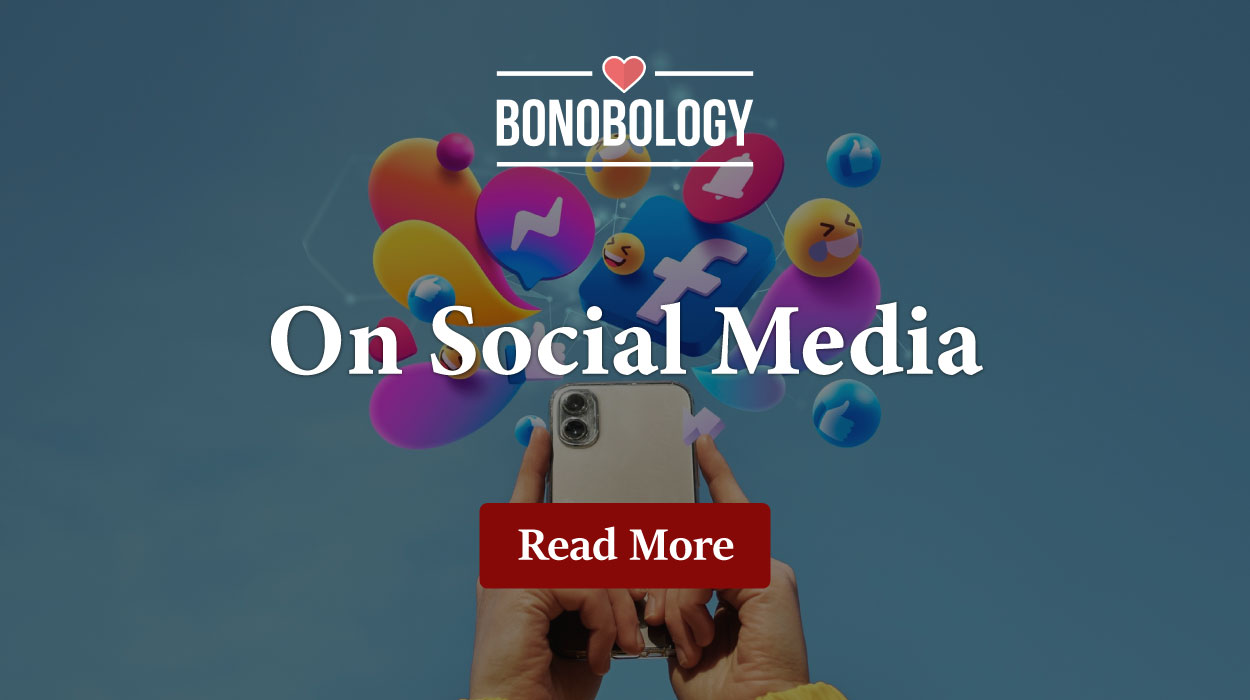
5. Try to do a social media detox
Go on a weekend trip and lock your phones in the hotel safe. Sounds terrifying, but once the anxiety of not having to scroll anything leaves your body, you’ll find it easier to listen to yourself and each other. If a weekend sounds daunting, then try a few hours. Try to reduce the urge to constantly check stories, reels, or shorts. If self-control is difficult, then you could try apps like Offtime and Freedom which block social media to regulate the time spent online.
- Unplug for two hours every day. Turn off notifications. Remove any social media apps that you don’t use often
- To combat dopamine deficiency left by a sudden drop in social media use, try some physical activity that causes a natural dopamine release, for example, exercise, yoga, meditation, or picking up a hobby that requires you to move your body, as suggested by this research
- This not only improves your physical health but helps with your mental health issues as well
- You can also invite your partner for these activities. Not only will you get to spend some quality time together, but gain some insight of what drives your partner
Key Pointers
- Since the reliance on social media use is increasing post-Covid, its impact is bound to increase as well
- This impact can be beneficial or harmful, depending on the intensity and frequency of its usage, as well as your existing relationship quality
- Social media can help in connecting across physical and intellectual differences, and building easier communication lines
- It has been found to negatively impact relationships where people exhibit high social media use, as well as in cases where they are insecure
- It’s important to keep online and offline lives separate and not forget the importance of offline experiences such as spending time with your partner
Someone accurately said that nothing in the world is free. And when you get something for free, then you’re the product. Social media was created to bring the world in your palms, but lately, it appears that people have become puppets in the hands of algorithms. So our final thoughts are that relationships and social media don’t have to be mutually exclusive. At Bonobology, we have an extensive panel of therapists and psychologists that can help you if you’re having relationship woes because of social media addiction. Here’s to not being a product in the hands of a computer code.
Everything You Need To Know About Transactional Relationships
What Is Trauma Dumping? A Therapist Explains The Meaning, Signs, And How To Overcome It/a>
Your contribution does not constitute a charitable donation. It will allow Bonobology to continue bringing you new and up-to-date information in our pursuit of helping anyone in the world to learn how to do anything.

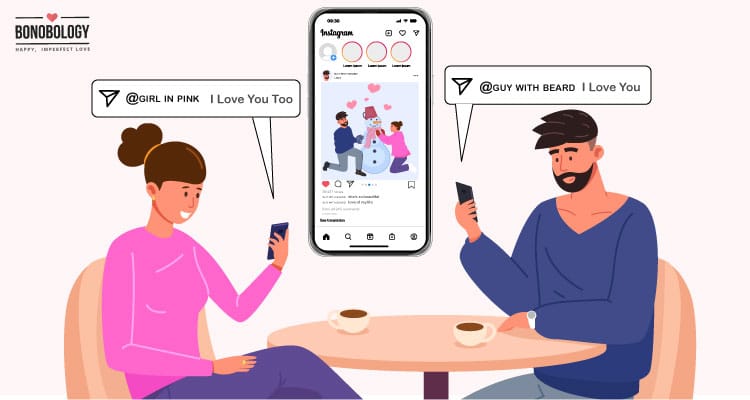

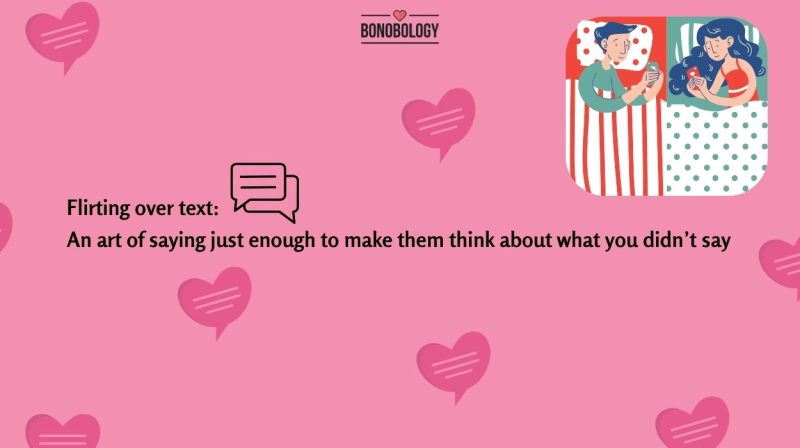
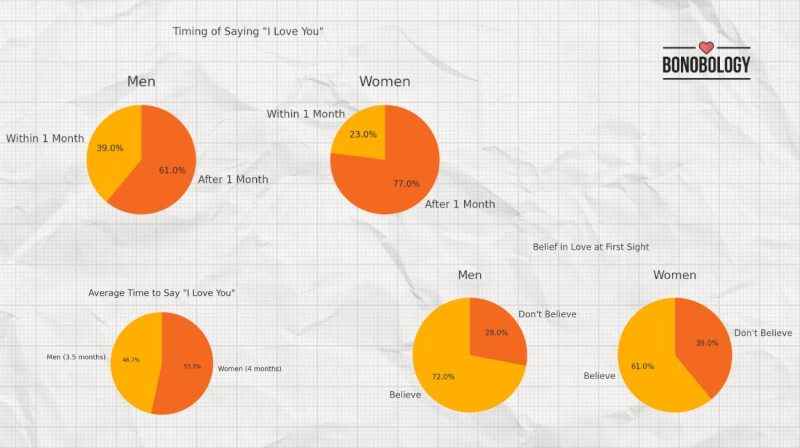
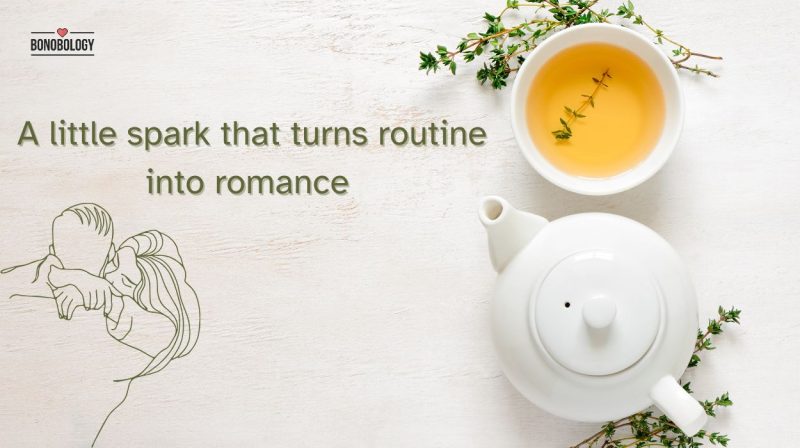
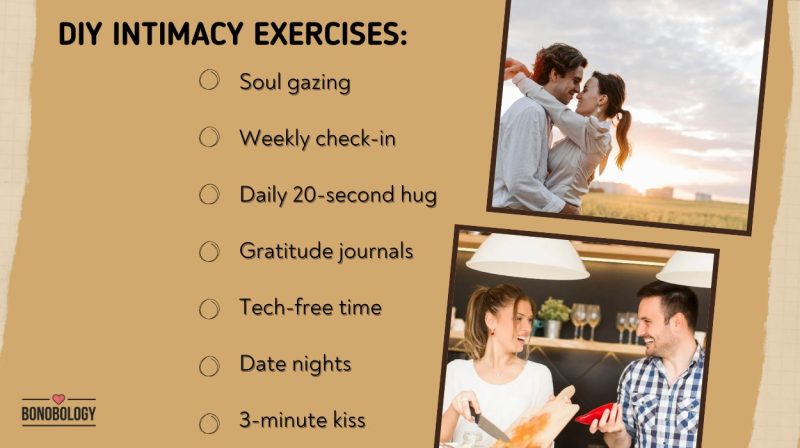

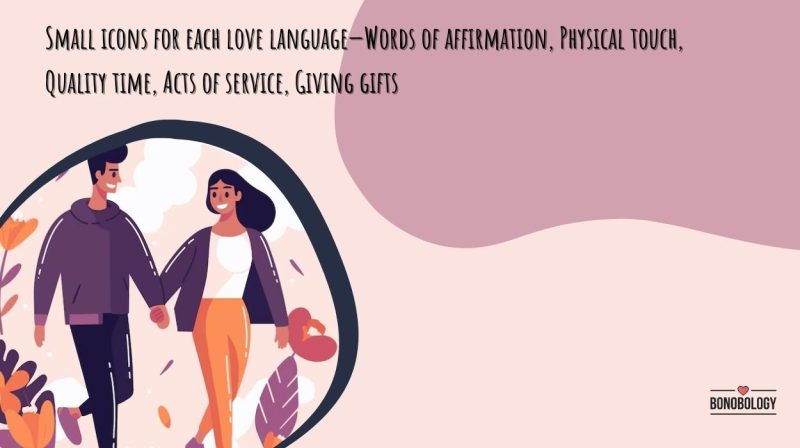
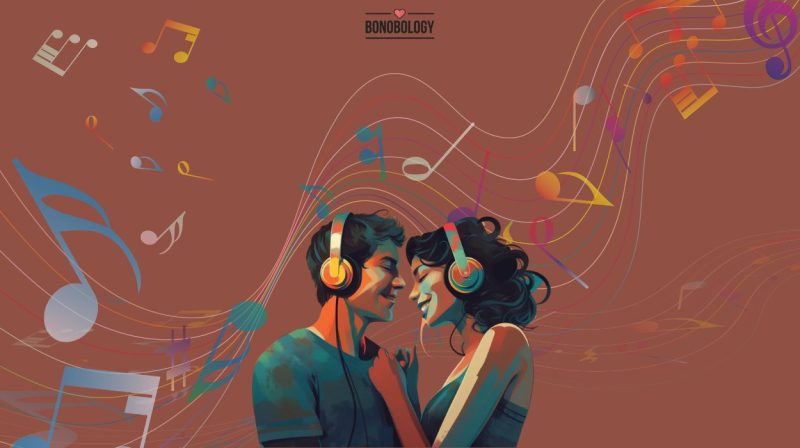
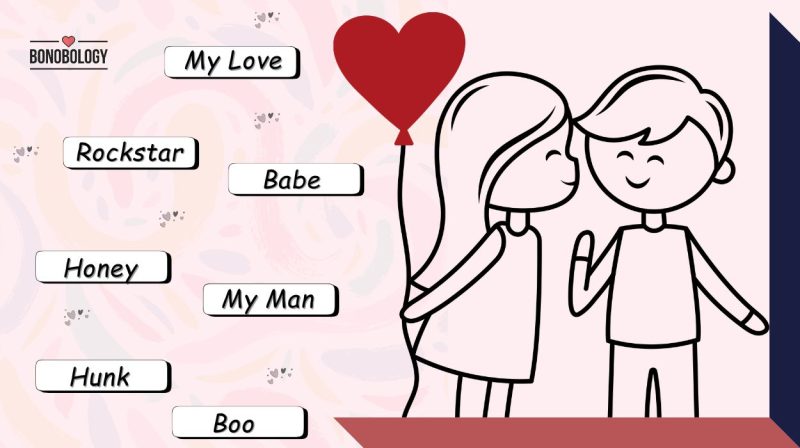
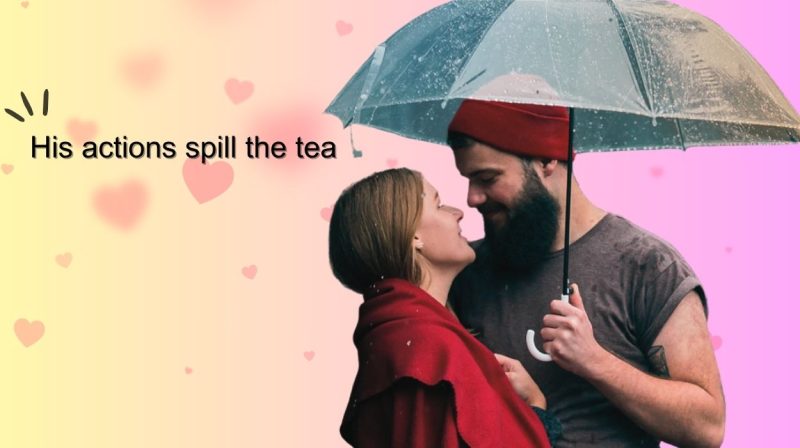
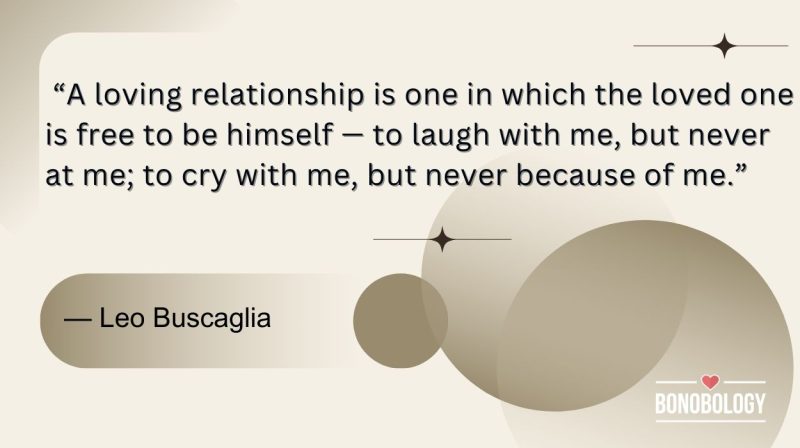
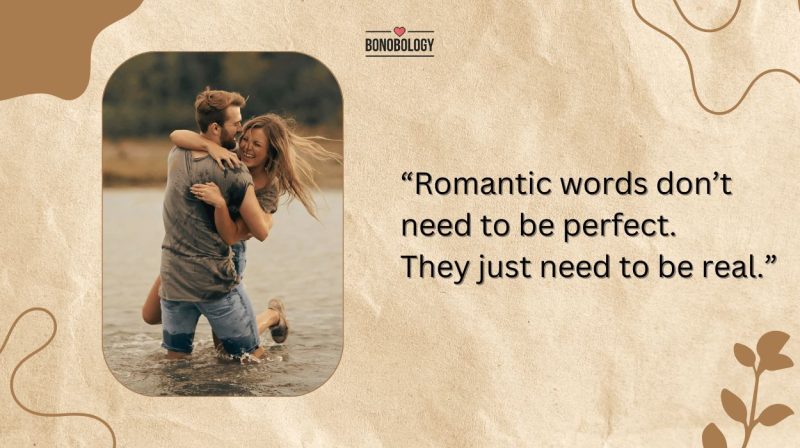
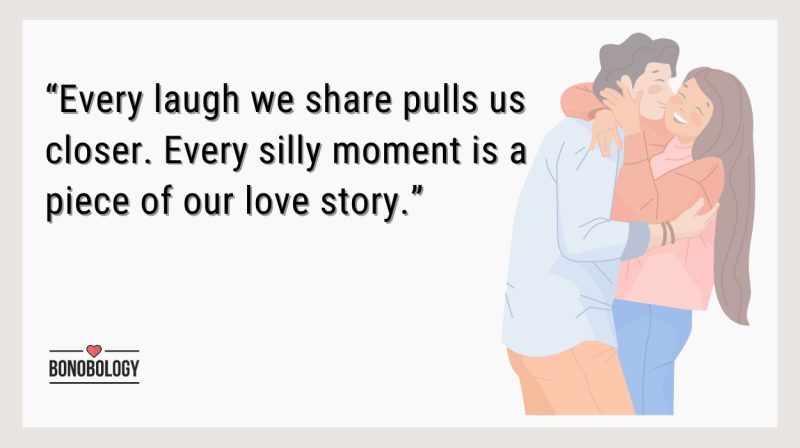
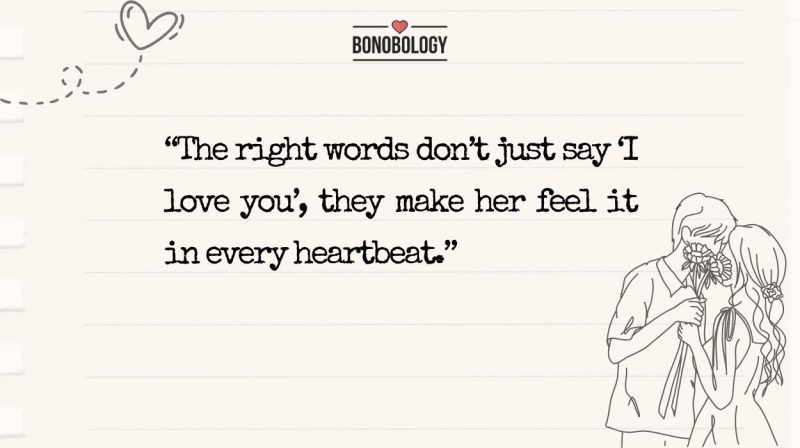
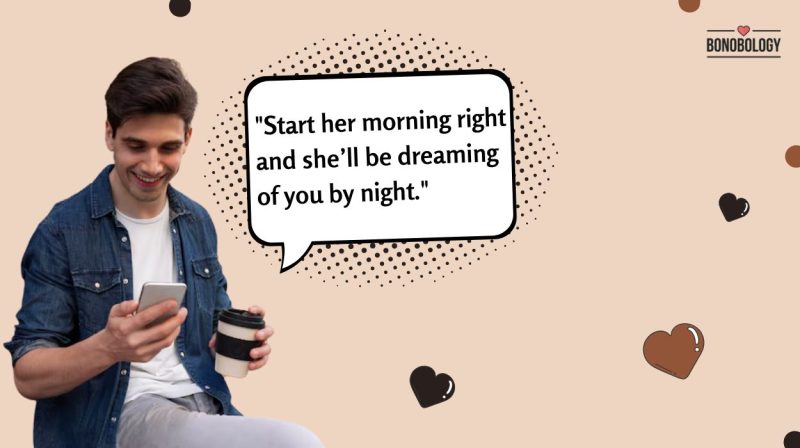
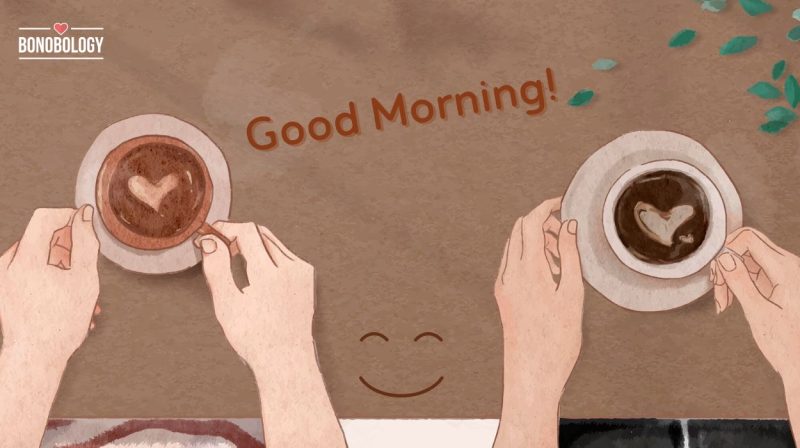
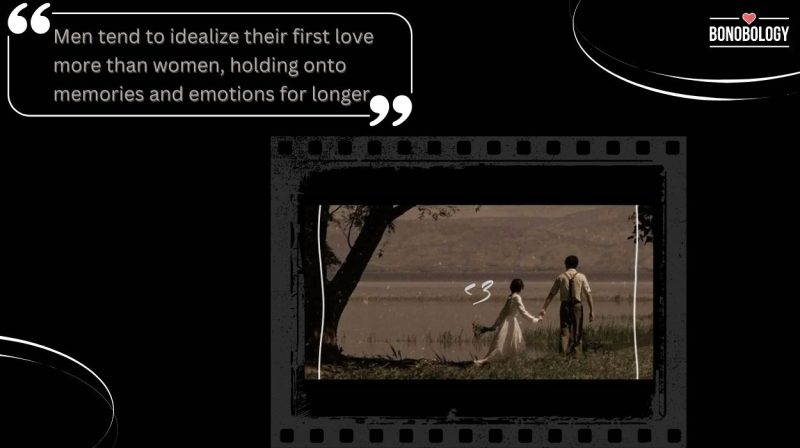
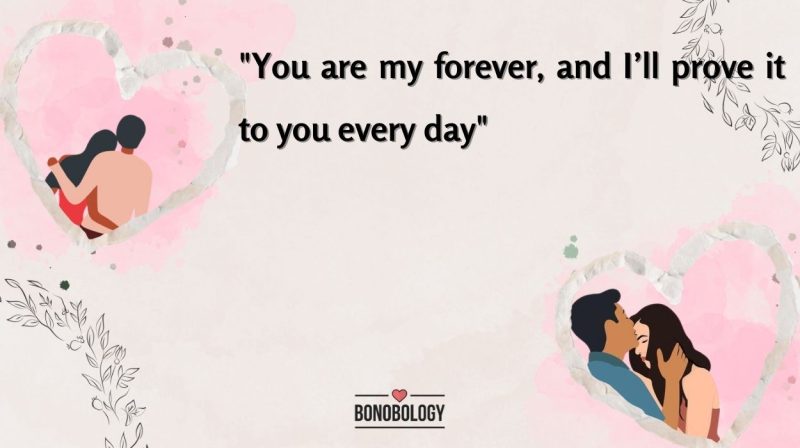
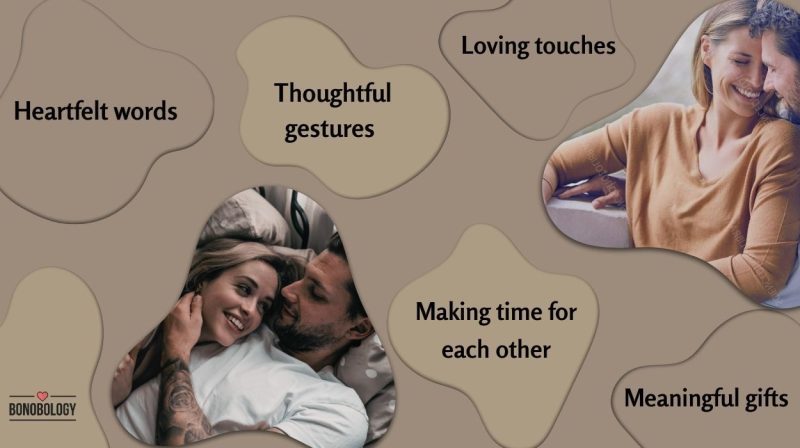
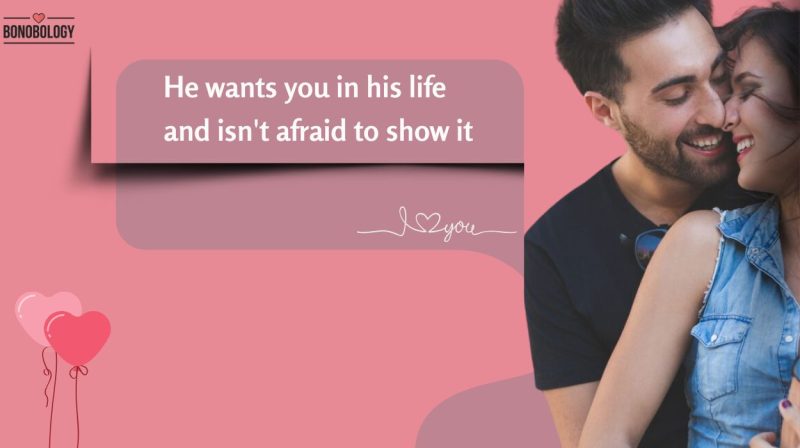
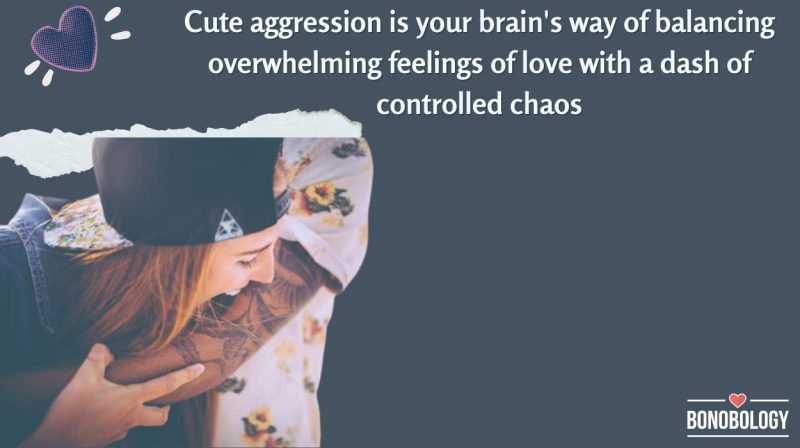
Featured
How To Flirt Over Text: Tips, Examples, And Psychology Behind It
How Long Does It Take To Fall In Love?
120 Flirty Good Morning Texts For Him
Intimacy Therapy At Home: 15 Marriage Intimacy Exercises
How To Build Trust In A Relationship: Effective Strategies For A Lasting Bond
How To Find Your Love Language: Discover What Makes You Feel Loved
Love Songs For Him: The Ultimate Guide To Expressing Your Heart
What Do Guys Like To Be Called By Their Partners? These 20 Names
25 Signs A Guy Is Attracted To You, According To Dating Experts
What Is A Real Relationship? 13 Defining Characteristics
130 Beautiful Things to Say About Your Wife
101 Silly Questions To Ask Your Partner For Fun, Laughter, And Bonding
200 Heart Touching Love Messages For Her
100 Good Morning Messages to Make Her Fall in Love
100 Good Morning Texts To Make Him Fall In Love
First Love Theory: Is It True Men Never Forget Their First?
Looking For Words To Make Her Trust You? 300 Ideas
What Is Affection In A Relationship And How To Show It
21 Undeniable Signs A Guy Is Claiming You
Why Do I Want To Bite My Boyfriend? The Psychology Behind It